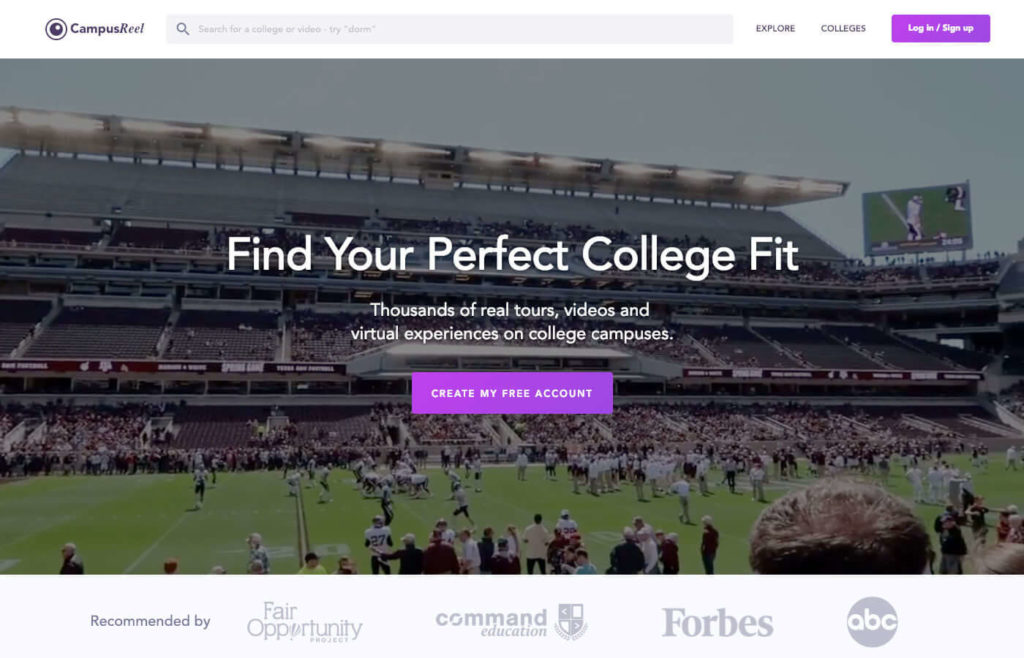While most seniors are happily done (or almost happily done) with completing and submitting their college applications, now it’s time for juniors to get engaged.
Below is a checklist of some of the things that juniors and their families should be thinking about, discussing and doing over the next few months.

Start talking! If you haven’t already, now is the time to start conversations about the next steps after high school. It is important to start “getting on the same page” regarding realistic expectations and hopes. If you’ve already had some of these conversations, talk about issues you haven’t discussed yet: how will you (the student and the parents) manage the college process during senior year, grade and work expectations while in college, college majors, etc.
This is the right time for parents to honestly discuss financial capabilities and how much they can contribute towards their college education. It is important for the student to know how much you can contribute so that they can look at college with realistic eyes.
Remember that financial aid can bring the cost of a college down, so don’t only look at the Sticker Price, but consider financial aid options as well. Parents can get an estimate of what federal aid they might be eligible for at the College Boards EFC Calculator. You can also look at college websites to find out about institutional aid as well.
Learn More About Yourself! This is a really important semester to invest energy in learning more about your academic and social needs. This will be important to help make the transition into college a successful transition. Do you know what you want to study? Do you know what kind of learning environment will be best for you? Do you know what type of location you want to experience college in? Do you know what extracurricular activities you want at your college? Do you know what type of services you will need to succeed academically?
This is a process that may be difficult for many students. I am here to help you. Through assessments and meetings, I can help juniors discover their gifts, talents, college needs and academic goals, through a college assessment and personality quiz and discussion with students about career profiles and options.
Work hard in your classes! Your junior year is the most important year in your application process. This will be your last semester of grades that will be sent with your applications. Study hard (especially in your academic courses), get extra assistance for the classes you are struggling with, participate in class, and challenge yourself. Also remember – your junior class teachers will be the ones that will fill out your academic references – so get to know your teachers, work hard, and be respectful.
Also make sure to select your senior courses thoughtfully. Continue to challenge yourself and take as many Honors, AP and/or IB classes (balance is important – only take as many as you can be successful in). Colleges will see your senior class schedule. Don’t send them a warning that you aren’t living up to your potential or challenging yourself! Brand College Consulting helps clients with course selection, including Pre-AP/AP options, Dual Credit, electives, and extracurricular activities.
Testing! Do you have a testing schedule? Do you know if you are stronger in your ACT or SAT test? Many juniors have already started test prep or already taken the SAT or ACT once. Now is the time to be taking your ACT and/or SAT tests so that you do not need to take them during your senior fall semester. Also, do you plan to take any SATII tests? Click here for an article to see if SAT Subject Tests are right for you. It is important to make your plans now so that this summer and Fall you can give more energy and time in your applications (not tests).
College Visits! The Spring Semester is the perfect time to visit colleges. Take advantage of Spring Break week and the 2 days of excused absences that juniors and seniors receive for college visits. (Check with your school’s attendance office before college trip to get documentation required.)We recommend visiting a few different types of colleges. If you can’t get out of the area, there are a lot of colleges within driving distance — go visit a large university and a small one, a state school and a private school, a school in the middle of a large city and a school in a small town. Visiting colleges will help you build a strong application list and will help students decide what types of colleges are a good “fit”.
If you don’t have enough time to go visit college campuses, or if you’re looking at quite a few out-of-state or distant schools, Campus Reel is a great option. Students create an account and watch videos of campus spots from actual students.
Summer Plans. What are you planning to do next summer? Are you going to take summer courses? Have you thought of participating in a summer program? Colleges are looking for you to show intellectual curiosity and/or community engagement. Your summer plans can strengthen your admissions profile if you plan wisely and ahead of time. Sometimes, the college essays will even ask how you’ve spent your summers. An essay filled with video games, sleeping, and hanging out with friends is not the best first impression. Of course, you can still do all of those things, but you also want to list academic or community activities. Many hospital teen volunteer programs accept applications in January. Many summer camps, such as introduction to engineering, pre-college camps, exploring law and political science , and leadership programs have spring application deadlines.
Brand College Consulting prepares summer activities suggestions for clients. If you are interested in this service, please contact Jolyn Brand today. Still have questions or want to speak with Jolyn during a free consultation? Email at [email protected]

